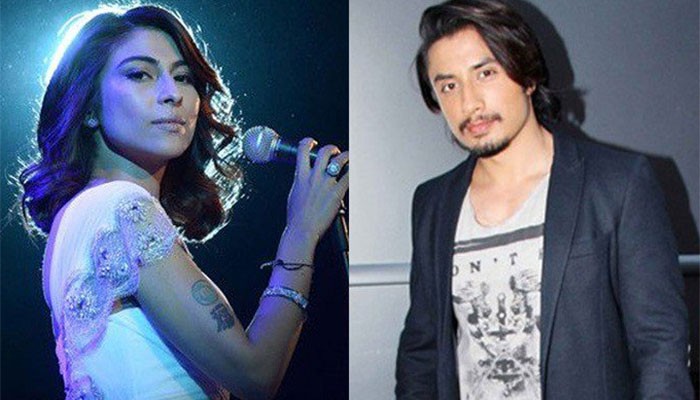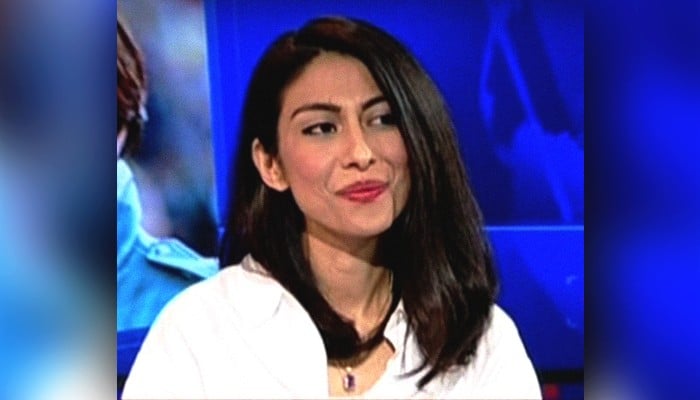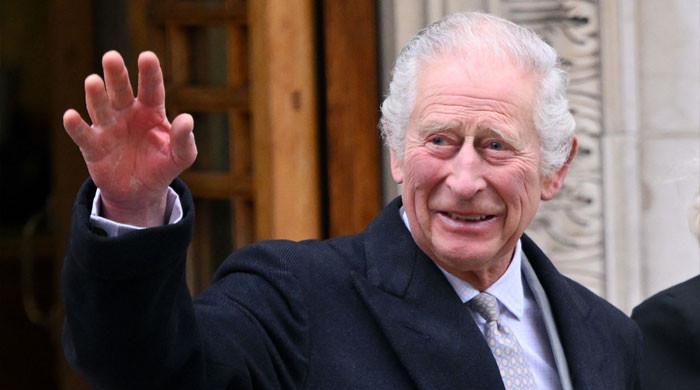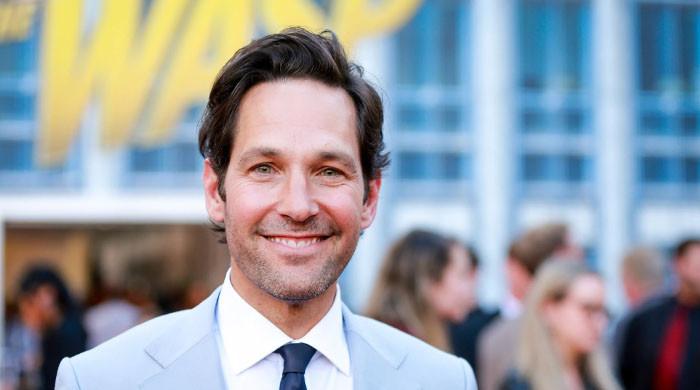SC to hear Meesha Shafi’s petition in defamation suit on May 9
Shafi's lawyer Nighat Dad told Geo.tv that the petition pertained to the court 'not giving a right to a fair trial to Meesha'
May 04, 2019
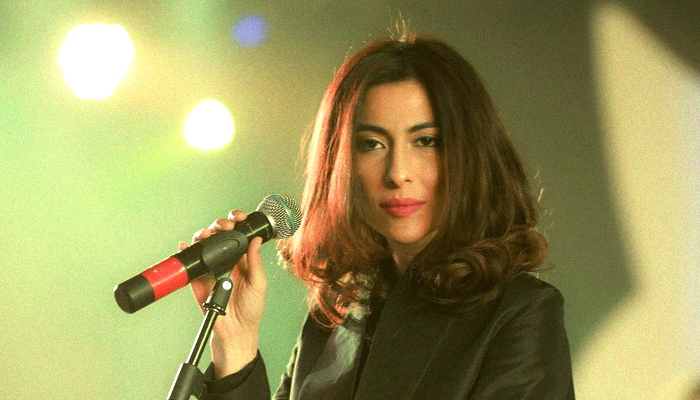
LAHORE: The Supreme Court has allowed a hearing for artist Meesha Shafi's petition pertaining to the defamation case filed by singer Ali Zafar and constituted a two-member bench comprising Justice Ijazul Ahsan and Justice Yahya Afridi.
The hearing is scheduled for May 9.
Shafi had accused Zafar of sexual harassment last year, leading to a key debate on the topic of sexual harassment and the #MeToo movement.
In her petition, Shafi’s legal team notes that it is a basic right to cross-examine witnesses presented in the court and that the apex court should grant the right, thereby, declaring the Lahore High Court's (LHC) decision null and void.
Speaking to Geo.tv, Nighat Dad, one of the lawyers representing Shafi, highlighted that the petition filed with the SC was separate and pertained to the court “not giving a right to a fair trial to Meesha”.
Cross-examination and 'reasonable opportunity'
Dad said her client “wants a fair and reasonable opportunity to cross-examine, context and challenge Ali Zafar’s evidence and witnesses, which was denied by the trial court and high court and that’s why her lawyers have petitioned the Supreme Court to intervene and direct the trial court to allow Meesha all procedural rights and remedies which she is entitled to”.
“Meesha’s lawyers have requested that the trial judge should exercise his discretion in a structured and fair manner,” she added.
Dad explained that what Shafi seeks is “fair trial rights and guarantees which every litigant has under the law and the Constitution of Pakistan”.
The petition, first submitted on April 12 against the LHC, had been rejected earlier by the trial court and then the LHC. According to the lawyer, the trial court had not permitted delaying cross-examination of witnesses and that sufficient time was needed to cross-examine the witnesses.
Shafi had “challenged trial court’s decision to allow Ali Zafar to produce his witnesses in a certain manner and directing Meesha’s lawyers to cross-examine them immediately after the witnesses record their statement thereby denying Meesha’s lawyers a reasonable opportunity to cross-examine them properly”.
'One of the most important rights'
“In any civil or criminal trial, cross-examination is one of the most important rights of a defendant to extract the truth from a witness who has disposed against the defendant. A denial of this right would seriously prejudice Meesha defence.”
Zafar’s team had earlier requested the district session judge to order the case be completed in 15 days, which was approved. However, Dad underscored that his team kept insisting that Shafi’s representatives were employing “delaying tactics” but that that was not the case.
Zafar’s team, she said, had wished to get over with all the witnesses in one go.
Dad explained that she and other members of Shafi’s team needed to prepare for each hearing and understand the background of the witnesses presented by Zafar’s team, some of whom Shafi does not even know. For that, she said, sufficient time was required.
“We need to know what the witnesses were doing at the time the harassment took place, their background, what they do now, among other questions,” Dad said. “If eight to 10 witnesses are presented in each hearing, it’s not possible to cross-examine each of them right then and there.”
A hearing usually lasts two-to-three hours but can go up to a day should the case require.
Earlier, when Shafi’s team had requested the Lahore High Court to review the district session judge’s approval to conclude the case in 15 days, citing the “right to a fair trial”, it had ruled that the team be given three months and that it was possible to request another extension once the three months are completed.
Zafar had filed the defamation suit last year against Shafi, who had accused him of sexual harassment. Filed under the Defamation Ordinance 2002, the suit claimed damages worth Rs1 billion.
In the notice, he had stated that Shafi had damaged his reputation through false allegations of sexual harassment.
